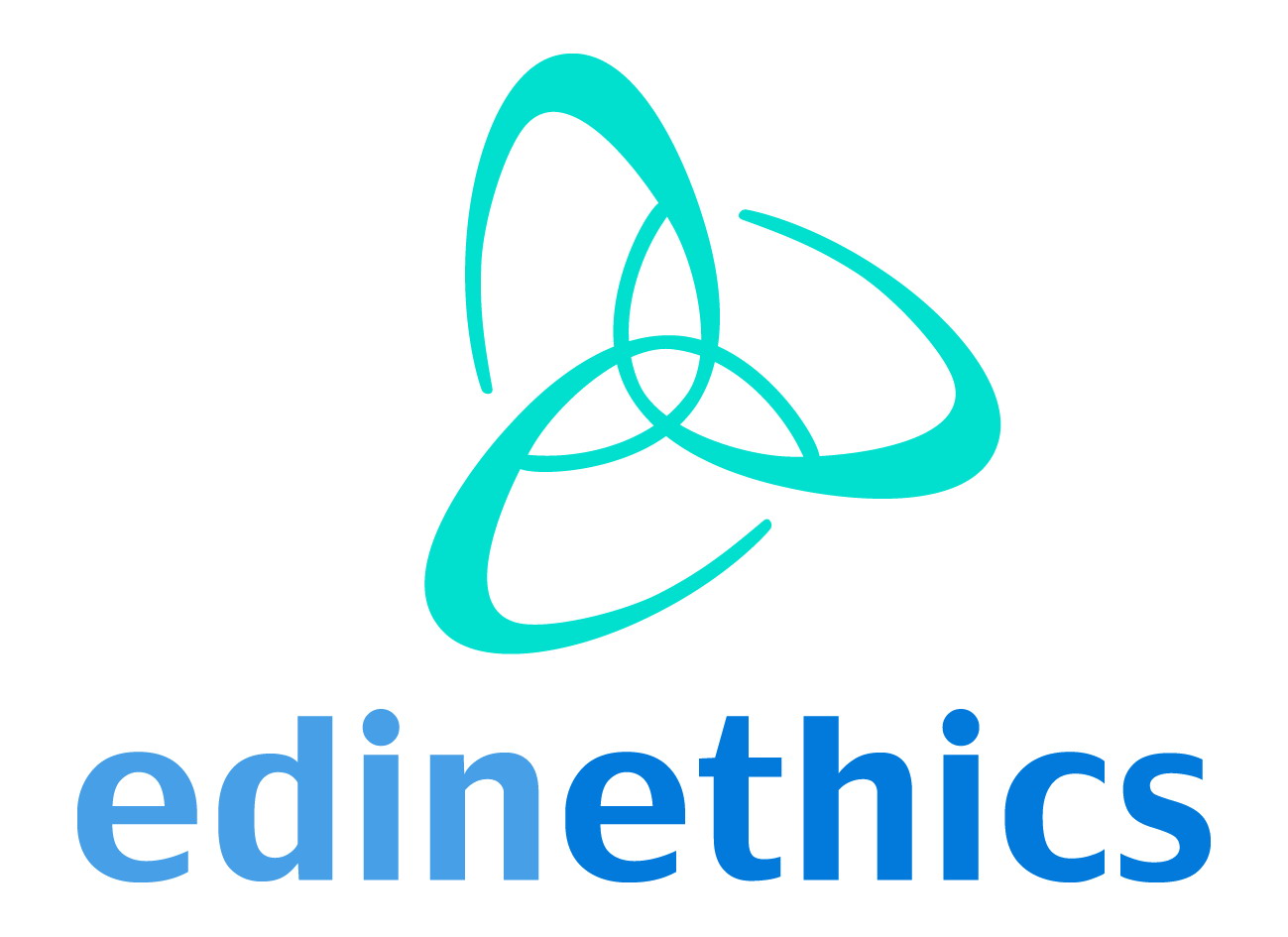What's Human Enhancement?
Scientists are starting to say itís no longer just science fiction that they could one day alter the human body and mind, in ways that might make humans stronger, faster, cleverer, perhaps more artistic, even longer lived. Itís called human enhancement. Itís mostly still in the future, but research is beginning, and is raising some far reaching issues. Edinethics was a partner in a European Commission FP7 ETHENTECH Project examining the ethics of implants for medicine and human enhancement (2009-12) and also creating a Democs game.
To find out more about what this is all about and some of the ethical and social implications, download a report Human Enhancement?, produced by a working group of leading European experts in December 2007, as part of the EC FP6 NanoBioRaise (2005-08) research programme. Rather than speculating on futuristic dreams, the report examines three state-of-the-art
case studies - on linking the brain and computer chips, drugs which can enhance cognitive performance, and electrical
stimulation
of the brain. It also asks if enhancements in sport offer warnings or pointers for
wider society. Its conclusions also offer food for thought for the governance of technology.
Religious views are seen as important in these issues. As part of the ETHENTECH report we are looking find out views from different religions across Europe. To begin debate in the churches, Edinethics also helped draft a discussion paper as part of a working group on biotechics of the Conference of European Churches (CEC: representing most of Europe's Protestant, Anglican and Orthodox churches). Download the CEC report
|
Ethical Issues
Human Enhancement poses some far-reaching ethical issues. Here are some to think about.
- Changing Me? Human aspiration to invent is endless. We have manipulated the world around us - sometimes wonderfully, sometimes dreadfully. But should humans now start to intervene to manipulate our own bodies outside their 'normal' biological specification, or do we leave well alone?
- How far would you want to go, if we really could? A bit better here and there could sound attractive. Would there be some point we'd say, 'whoa! that's too much'?
- Get real! There's already a lot of hype, based on a few clever laboratory experiments. What might be realistic technologies, and what would remain just scifi fantasy?
- Risky business? Could we ever do enhancements safely enough not to mess up people's bodies by accident? Do we really know what we're doing?
- Unfair? Would this mostly be just for the rich and fortunate? In a world of global inequity, would it be too socially divisive and unjust? Or could we find ways to benefit the most needy?
- Who decides? Are these just personal decisions for each individual? Or are the social implications so far reaching that we'd want to decide as a society, and do we have the means to do that?
- Better humans ... or not? Would any of these enhancements, if they were really possible and widely available, make you a better human being, all things considered?
- Are we missing the point? Some say this is the future for humanity - to use our technical skills to drive our own evoltion. Others ask if improved functional performance misses the point about what needs changing in humans. Are our biggest problems beyond technology to address?
|
